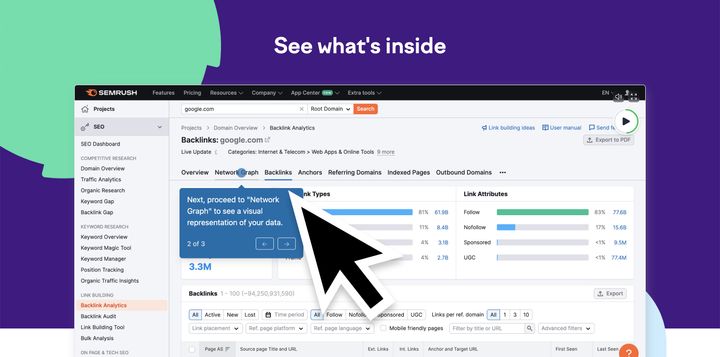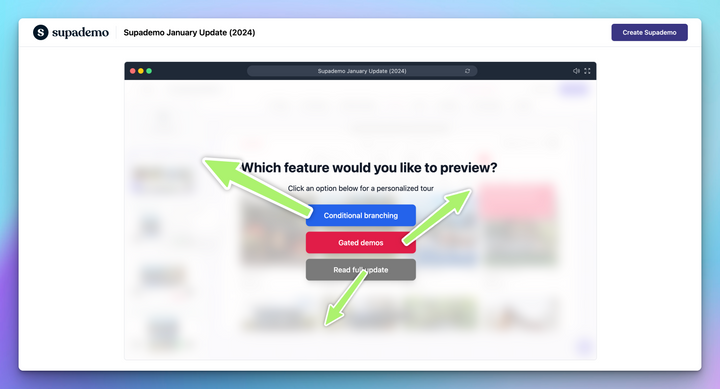In the world of sales, the pitch is where the rubber meets the road. It's the critical moment when a prospect decides whether your product or service is worth their time and money. This blog post delves into the art of crafting and delivering compelling sales pitches that not only capture attention but also close deals.
Understanding the Sales Pitch
A sales pitch is more than just a presentation of your product or service; it's a persuasive argument designed to solve a problem or fulfill a need for your prospect. The best sales pitches are those that are customer-centric, focusing on the benefits and solutions your offering provides.
Key Elements of an Effective Sales Pitch:
- Clarity: Your pitch should be clear and concise, avoiding jargon and complex language.
- Relevance: Tailor your pitch to address the specific needs and pain points of your prospect.
- Engagement: Use storytelling and emotional appeal to connect with your audience.
- Credibility: Back up your claims with data, testimonials, or case studies.
- Call to Action: End with a clear, compelling call to action that guides the prospect to the next step.
Crafting Your Pitch
1. Know Your Audience
Before you even start crafting your pitch, it's crucial to understand who you're pitching to. Research your prospect's industry, company, and role to personalize your pitch effectively.
2. Define Your Unique Value Proposition
What makes your product or service stand out? Your unique value proposition should be the centerpiece of your pitch, highlighting how you offer something different or better than the competition.
3. Structure Your Pitch
A well-structured pitch has a clear beginning, middle, and end. Start with an attention-grabbing introduction, follow with the body where you delve into the details of your offering, and conclude with a strong call to action.
4. Practice Makes Perfect
Rehearse your pitch multiple times. This not only helps in smoothing out any rough edges but also boosts your confidence when delivering it.
5. Be Prepared for Questions
Anticipate potential questions or objections from your prospect and prepare your responses. This shows that you're not only knowledgeable but also genuinely interested in addressing their concerns.
Delivering Your Pitch
1. Connect on a Personal Level
Start by building rapport. A personal connection can make your pitch more engaging and memorable.
2. Use Visual Aids
Visual aids like slides, charts, or even a demo can enhance your pitch by making complex information more digestible and engaging.
3. Be Passionate and Confident
Your enthusiasm for your product or service can be contagious. A confident delivery can significantly impact the persuasiveness of your pitch.
4. Listen and Adapt
Be attentive to your prospect's reactions and be ready to adapt your pitch accordingly. This flexibility can be key in addressing their specific needs and concerns.
Conclusion
A great sales pitch is a blend of preparation, personalization, and persuasive communication. By mastering these elements, you can turn your sales pitches into powerful tools for winning business and building lasting customer relationships.




